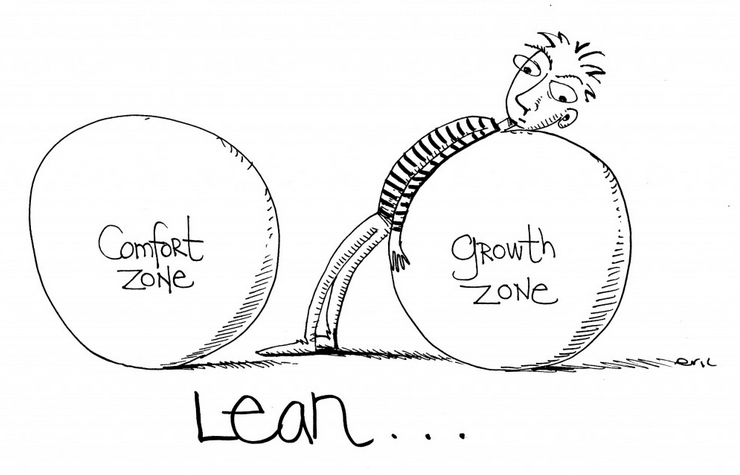Blog
09 Jul Funding Alert! American Rescue Plan Grants
Funding Alert! American Rescue Plan Grants Has the COVID-19 pandemic had a significant impact on your arts organization? The National Endowment for the Arts (NEA) recently opened applications for its American Rescue Plans grant program. This opportunity allocates the NEA’s portion of funding from the American Rescue Plan legislation to organizations and jobs in the arts sector that have been affected by the pandemic. These are one-time grants intended to support day-to-day general operating expenses for eligible organizations.02 Jul Funding Alert! Grants for Humanities Connections
National Endowment for the Humanities Attention institutions of higher education! If your college or university is seeking funding to develop innovative curricula or programs that foster collaboration between the humanities and other disciplines, then you might be interested in this opportunity. The National Endowment for the Humanities (NEH) is accepting applications for its Humanities Connections program to expand the role of humanities within institutions of higher education (IHEs) and develop new learning opportunities for students. Through these projects, faculty and students alike will benefit from meaningful, multidisciplinary collaborations that expand the role of the humanities in undergraduate education and cultivate integrative educational experiences.02 Jul Building Your Data Library – Bookmark These Resources by Michele Ryan, GPC
As grant professionals, we all know that using strong, relevant data from reliable sources to support our case for funding is essential to a quality, competitive application. Although this is true across all types of applications, it is especially relevant when applying for federal grants. While stories bring our programs to life for a reviewer, used artfully data provides the foundation that makes it possible to build a captivating (and winning) case for support. I’m going to provide you with some resources you can use to make finding - and citing - that crucial piece of data easier next time you need it.25 Jun Funding Alert! Robert Noyce Teacher Scholarship Program Grants
National Science Foundation Attention institutions of higher education! The National Science Foundation (NSF) is now accepting proposals to its Robert Noyce Teacher Scholarship Program (Noyce). Noyce provides funding to recruit, prepare, and retain elementary and secondary teachers in science, technology, engineering, and mathematics (STEM) fields, as well as to research the retention and effectiveness of such teachers in school districts with high needs. Proposals for this program are due August 31, 2021.17 Jun Funding Alert! Broadband Infrastructure Program Grants
National Telecommunications and Information Administration Is your state agency working to improve and expand local broadband infrastructure? The Department of Commerce’s National Telecommunications and Information Administration (NTIA) recently opened applications for its Broadband Infrastructure Program. This program awards grants to eligible covered partnerships (see below) on a competitive basis, with the overall goal to deploy fixed broadband service in eligible areas in which broadband is not available to all households or businesses.10 Jun Funding Alert! Our Town Creative Placemaking Grants
National Endowment for the Arts Is your community looking for project-based funding to support activities that further the arts? The National Endowment for the Arts (NEA) recently opened applications for its Our Town grant program. Our Town is NEA’s “creative placemaking” grant program, through which arts, cultural, and design activities strengthen and advance local economic, physical, and/or social outcomes. Ultimately, Our Town projects pave the way for systems-level changes that promote the sustainable integration of arts, culture, and design into the fabric of community life.06 Jun Looking to Grow as a Grant Professional? Lean into your Discomfort by Julie Assel, GPC
Posted at 20:39h
in Competency Eight, Competency Seven, Julie Assel, GPC, Professional Development, Professionalism, Relationships
I am a grant professional for whom the written word is a more comfortable form of communication than face-to-face communication. Once I understood the concepts and intent of grant proposal writing, I fell in love with it. The majority of my time is spent alone in my office writing or in one-on-one conversations with program, financial, and executive leadership staff. Given that my learning style is also visual text, reading RFPs, gathering the information needed, and conducting the research is all easy for me to understand.
Recently though, I have needed to be involved in meetings with program officers. These are not my favorite activity. Oh, I love hearing all the things funders have to say about their organization that help me better understand their mission. I also love to hear all the things about the program that my organizations say to the funder that I have not heard before in quite the same way. (Haven’t we all been here?) If my only task was to listen, these meetings would be easy, but these were conversations in which I was the lead for a significant portion of the conversation.


